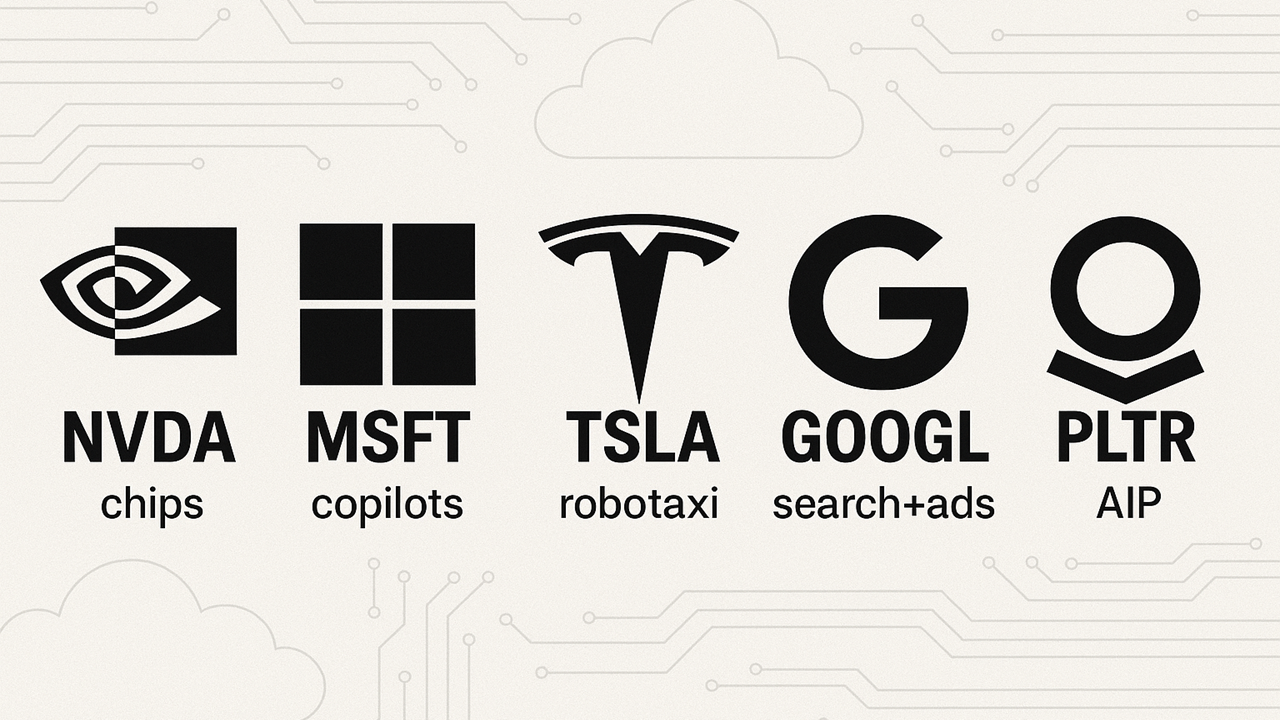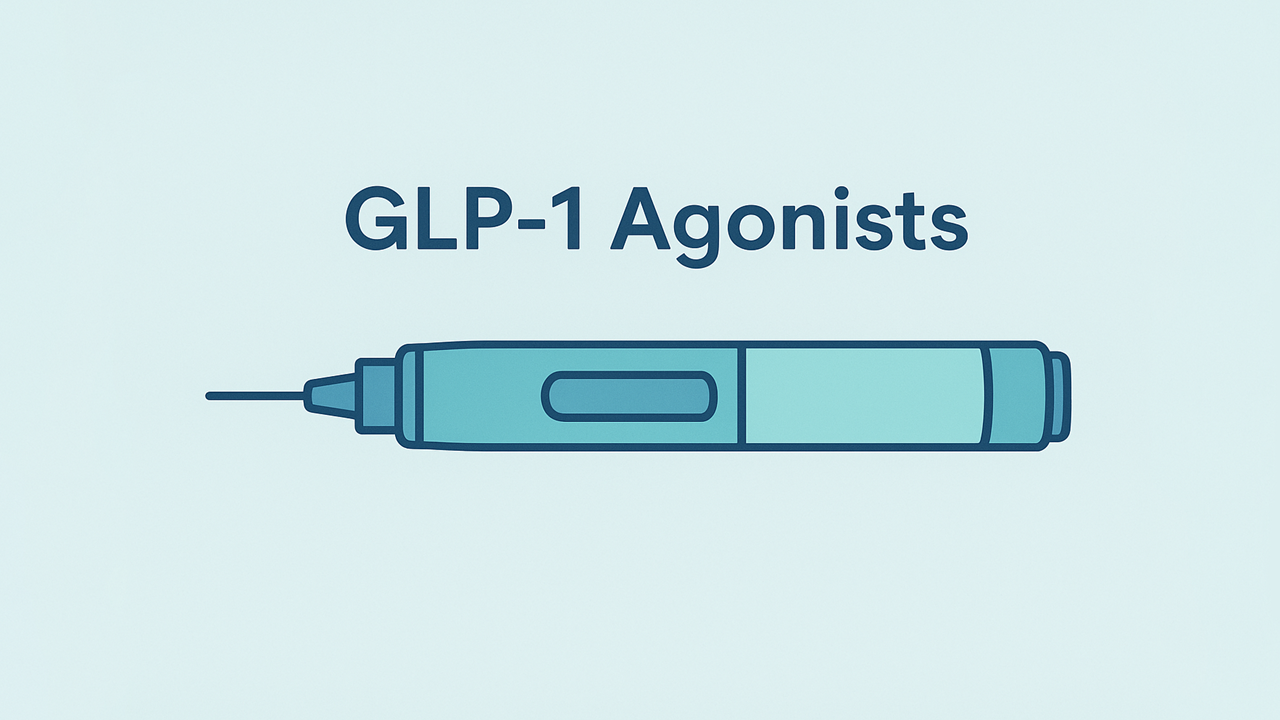Xenogears' Plot Twists That Still Astonish Me, Decades Later
Spoiler Alert: This story discusses major plot points from Xenogears.
I’ve played Xenogears from start to finish at least once a year since its 1998 release — when I was just nine years old. Back then, most of its deeper themes about religion, ancient civilizations, and aliens who might’ve shaped faith flew right over my head. Ironically, it still nudged me to scrutinize my own beliefs, maybe for the first time ever. Now, after countless replays, I appreciate its intricate story, filled with unforgettable characters and complexities far beyond the typical “save the world” JRPG narrative.
Xenogears is packed with mind-boggling concepts. The main protagonist, Fei, struggles with a dissociative personality — one persona is gentle, the other terrifyingly destructive. There are more but I don’t want to spoil it (too much). His best friend? Well, he’s secretly assigned by the world’s BIOLOGICALLY oldest living person to keep tabs on Fei. And when I say “BIOLOGICALLY,” I just want to point out that this game involves reincarnation and immortal souls older than said geezer. It all blends together in a cosmos of drama, mechs, and philosophical bombshells that few games have matched.
If I had to sum up Xenogears’s story in a paragraph, it would look like this: A spaceship carrying a bio-weapon called “Deus” crash-lands on a planet. This ship also has the Zohar, a conduit to a dimensional entity called the “Wave Existence.” A boy, Abel, touches the Zohar, gains reincarnation powers. He and Deus create “Miang/Myyah” via a supercomputer called Kadomony. Fast-forward: Fei, our hero, goes on a revenge quest after his village is destroyed. He learns he’s both the son of a Deus-hunting father and one of Abel’s countless reincarnations. Did I mention his father is possessed by another one of Abel’s reincarnations? So it’s almost like there are two Feis. Anyways, Elly, his love interest (and frankly one of the best love stories I’ve witnessed in a game), becomes possessed by Miang, who is aiming to resurrect Deus alongside Krelian, a dude who used to love one of Elly’s previous reincarnations and died protecting everyone. But Krelian’s motive differs: He wants to ascend with the Wave Existence, dragging Elly with him because he once loved her past reincarnation. Fei eventually defeats Deus and Krelian, rescuing Elly before Krelian merges with the Wave Existence and vanishes into another dimension.
Maybe that summary sounds like typical JRPG madness. But trust me: what really sells it is all the behind-the-scenes drama and how each character’s arc collides with the bigger picture. It’s not just about blowing up robots or fighting a god-machine; it’s about love, identity, and the nature of creation itself. Every new revelation flips your perspective, making you question who’s truly in control and whether the “god” you’re fighting is even remotely divine.
That’s why I’m still obsessed with Xenogears. It’s not just giant mechs and cosmic conspiracies — it’s a tapestry of personal struggles and moral quandaries that never quite let you rest. By the time you see the credits roll, you’ve reexamined humanity, faith, and fate from angles you didn’t know a game could provide. Sure, the second disc is famously rushed, but even that can’t overshadow the game’s ambition. If you’re craving a narrative that challenges and inspires, you might find yourself just as hooked — and maybe, like me, replaying it every year until you can recite every twist in your sleep.
To the point.
Below, I’ve highlighted ten jaw-dropping twists that prove Xenogears isn’t your typical hero’s journey. Each twist ties directly into the game’s broader tapestry — human evolution, flawed deities, and eternal reincarnations, so let’s go.
1. Fei’s Hidden Alter Ego (Id)
Fei Fong Wong, our gentle protagonist, secretly harbors a murderous second personality named Id. You spend a good chunk of the game clueless about why Fei blacks out or displays sudden destructive power. Eventually, you find out that Id has been behind tragic events like obliterating his own village and previously destroying entire cities. It’s an unforgettable shock: the kindly hero you control is also the same villain terrorizing the world.
2. Grahf’s True Identity as Lacan
Grahf, the self-proclaimed “Seeker of Power,” and “Destroyer of God” turns out to be Lacan — Fei’s past incarnation from centuries ago. Consumed by grief over Sophia’s (Elly’s previous reincarnation) death, Lacan’s incomplete contact with the Zohar granted him immense power but twisted his soul. This explains Grahf’s ageless presence and personal obsession with Fei. The reveal that a tragic former hero evolved into your menacing enemy adds a layer of heartbreak and complexity. Oh, and he is also possessing Fei’s father’s body. So, in the end, Fei kills both himself and his own father in the most tragic way.
3. Miang’s Body-Hopping Manipulation
Miang, the eternal puppet master, can awaken in/possess any woman once her current host dies. Fei’s own mother was hijacked by Miang, leading to cruel experiments that inadvertently create Id and other personalities. When Fei, as Id, loses control and attacks himself, she regains control just in time to protect Fei, sacrificing herself tragically.
4. The Soylent System’s Dark Secret
In one of the most horrifying scenes, you discover that Solaris’s, the most advanced country in the game world, has a lot of secret programs, one called the Soylent System. This program is effectively a human processing plant — turning people who were once transformed into mutants called “Wels” into food and drugs. Both Fei and Elly go “itadakimasu” right before learning this secret, too. It’s a gut-punch reminiscent of “Soylent Green is people,” completely shattering any illusions of moral grayness in Solaris. With a single revelation, the stakes skyrocket, and you realize just how depraved the powers that be really are.
5. Deus and the Origin of Humanity
Xenogears redefines its entire universe when it reveals that “God” (Deus) is a slumbering bioweapon and that humans themselves were spawned by the Eldridge spaceship crash. The planet’s religious myths are basically misread science experiments, with Emperor Cain and the Gazel Ministry serving as Deus’s instruments. This mind-blowing revelation that all religions of the world are actually just lies made up by the elite is one of the game’s boldest moves.
6. The Contact and Elly’s Reincarnations Across Time
Fei’s bond with Elly becomes cosmic when it’s revealed they are reborn across history. Fei, the Contact, can commune with the Wave Existence, while Elly (or Elehayym) always reappears at his side. Past lives like Abel/Elly, Kim/Elly, and Lacan/Sophia cement the idea that these two souls keep circling back. It’s a huge twist that transforms a typical love story into a 10,000-year epic.
7. Emperor Cain’s True Role and Assassination
Emperor Cain, the seemingly divine ruler of Solaris, was actually created by Miang 10,000 years ago to shepherd humanity for Deus’s resurrection. The problem is, he is too powerful to be killed by either Miang or Krellian. Only Cain can kill Cain. Over the millennia, he secretly grew disillusioned, wanting humanity free of this “god machine.” But before he can change anything, Krelian and Miang orchestrate his murder by creating a clone of Cain (Ramsus), ripping away the last sliver of moral restraint in Solaris. It’s a shocking blow that destroys the notion of Cain as an untouchable deity.
8. Ramsus’s Creation and Grudge
Kahran Ramsus isn’t just a resentful commander — he’s a failed experiment crafted from Emperor Cain’s DNA, meant to be a controllable Contact. Abandoned as a child once Fei was found to be the “real deal,” Ramsus has an inferiority complex that fuels his obsession with defeating Fei. This twist redefines Ramsus from one-note villain to tragic pawn, explaining his maniacal devotion to surpassing Fei.
9. Wiseman Is Fei’s Father
The masked mentor known as “Wiseman” is revealed to be Khan Wong, Fei’s long-lost father. He takes on this identity because Grahf is usually in control of his body and he doesn’t want the truth to come out. In a dramatic confrontation with Id, everything becomes known, however. Wiseman’s guidance and uncanny knowledge came from his hidden identity. It’s a rare heartfelt twist in a game filled with cosmic mind-benders, giving Fei a personal anchor in the chaos.
10. Krelian’s Motive and Ultimate Ascension
Krelian appears to be a cold, power-hungry manipulator aiming to resurrect Deus and become god. Yet, in the end, his actual motive is heartbreakingly personal: He lost faith in God when Sophia, the woman he (and Lacan) loved died, deciding to create one himself so that no one else would endure such grief. After Fei defeats Deus, Krelian simply ascends to join the Wave Existence rather than fight a final battle, asking for Elly’s forgiveness. It’s a poignant twist that leaves him neither fully evil nor redeemed, but a tragic figure driven by love and despair.
In Xenogears, each plot twist isn’t just a shock for shock’s sake — it systematically tears down assumptions, reshapes alliances, and redefines the very nature of the world. By the end, you’re left with a rich tapestry of character arcs and theological reflections that few games can rival. It’s no wonder fans still rave about Xenogears decades later; it dared to blend mecha warfare with introspection on God, humanity, and love, all wrapped in a swirling puzzle of reincarnation and cosmic meddling.
Maybe that’s what makes Xenogears so enduring. It’s not just about a hero saving the day; it’s about exploring the darkest corners of human emotion and the grand designs that span centuries — something games today just can’t match. And when the credits roll, you realize you’ve just experienced something bigger than any single twist — something that questions life, destiny, and what it really means to be human.



